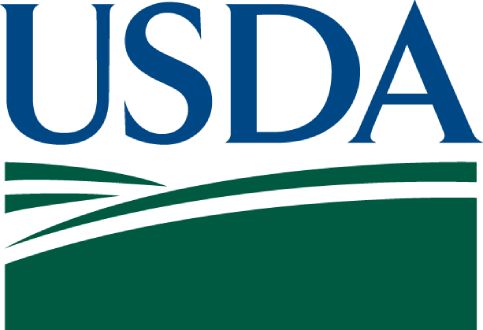U.S. Department of Agriculture, Food and Nutrition Service

For some in the program, it also provides work supports to help them become economically self-sufficient. SNAP’s Employment and Training (E&T) program assists SNAP participants in obtaining employment by providing services, such as job search assistance, job skills training, education, work experience, or workfare, and supports, such as assistance with transportation and child care costs. Despite the importance of SNAP E&T, information about approaches that most effectively connect SNAP participants to gainful employment is limited. For this reason, as part of the Agricultural Act of 2014, Congress authorized and funded pilots to test innovative strategies in the SNAP E&T program.
In 2015, the Food and Nutrition Service (FNS), part of the U.S. Department of Agriculture (USDA), awarded grants to 10 states—California, Delaware, Georgia, Illinois, Kansas, Kentucky, Mississippi, Vermont, Virginia, and Washington—which represented diverse service areas and populations. Pilots varied in whether they operated statewide, versus in select areas of a state, and whether they focused on urban communities, rural communities or both. The majority of individuals the pilots targeted were work registrants who were unemployed or underemployed and had significant barriers to employment, such as being homeless or having a criminal history or substance use disorder.
Each pilot enrolled 3,000 to 7,000 individuals for a total of 44,359 individuals across the 10 pilots. Funding for the pilots included a rigorous, longitudinal evaluation to assess whether the services offered through the pilots connected SNAP participants with jobs that would increase their incomes and reduce their need for public assistance benefits. For each pilot, Mathematica presents a detailed description of the pilot’s design and implementation, and examines the services individuals received and impacts on employment and SNAP receipt during a one-year follow-up period. These findings will be presented in a set of interim reports.
Related Staff
See Clearly. Act Quickly.
From local to global challenges in health, human services, and international development, we’re here to improve public well-being and make progress together. Learn more about becoming a Mathematica client or partner.
Work With Us


